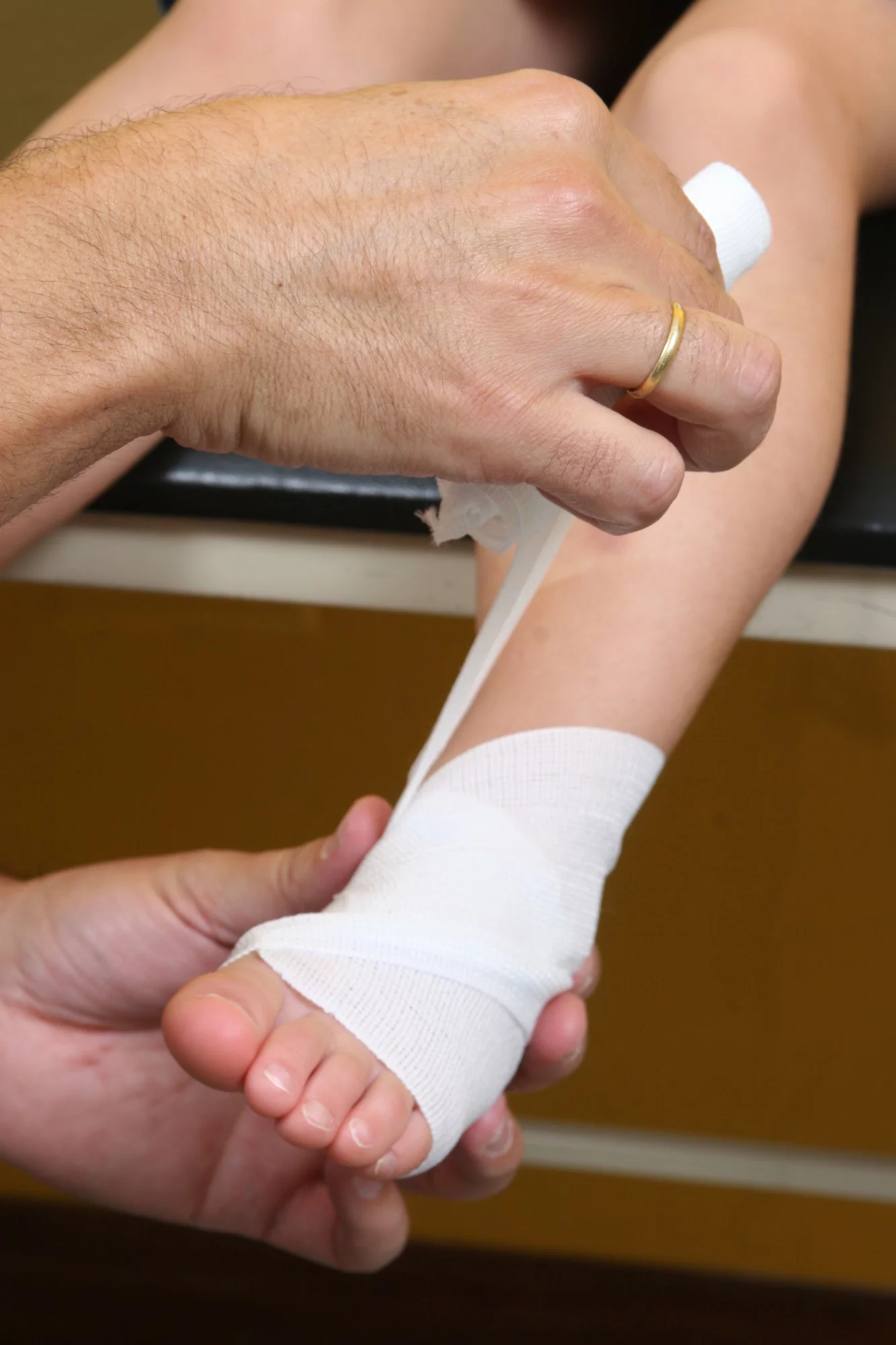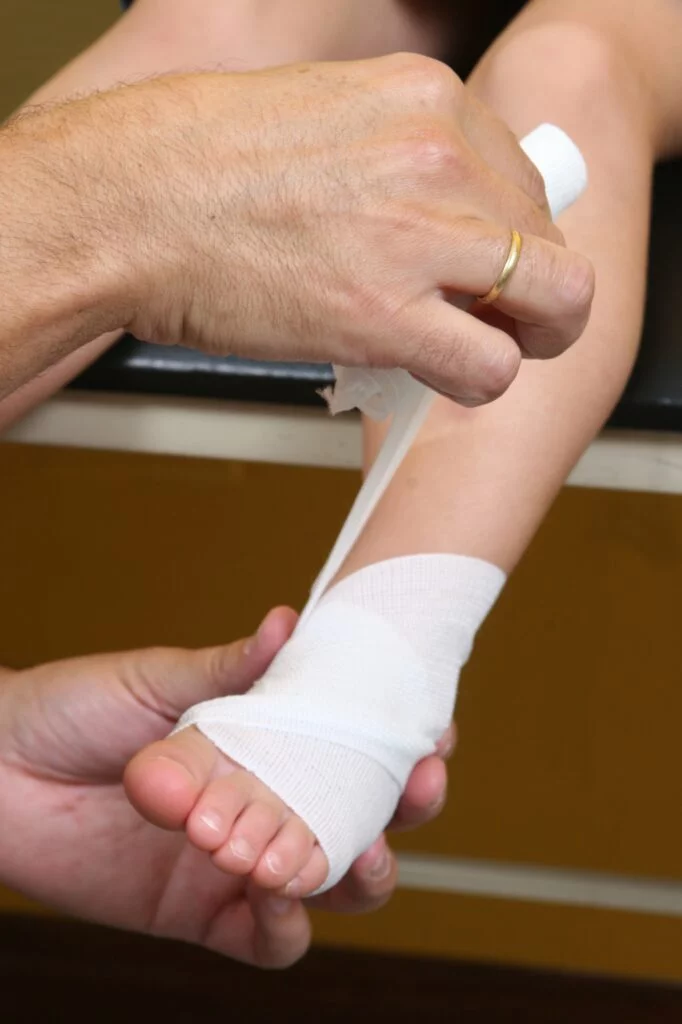When Should My Child See a Podiatrist?
You should bring your child to our office any time your child experiences foot pain or when you or your child notices an abnormality in the appearance of their feet.
Pain in children is never normal and can be a sign of an injury, infection, or biomechanical issue that needs addressing.
As early as infancy, you can see abnormalities in the feet — like club feet. Once your child starts walking, you may notice they prefer to walk on their toes or walk with their toes pointed inward or outward. These are all warning signs that something is wrong with the development of your child’s feet.
In many cases, these problems persist into adulthood if left untreated. The sooner you seek pediatric foot care treatment for foot disorders, the less treatment your child requires in most cases.
Please check your baby’s feet regularly. If you see anything that doesn’t look right or normal, visit our office for advice. Prompt treatment is always best and if you have any questions about your child’s feet, please consult with our pediatric podiatry specialists. Our Providers will consult with you to ensure your child’s feet and ankles are healthy and functioning properly.
What Conditions Does Pediatric Foot Care Treat?
Our Providers treat all types of pediatric foot conditions, including:
- Pediatric flatfoot
- Calcaneal apophysitis (Sever’s disease)
- Ingrown toenails
- Plantar warts
- Sports injuries
- Ankle sprains
- Foot wounds
- Athlete’s foot
- Toenail fungus
Most pediatric foot care conditions are temporary and resolve quickly with proper care. It’s essential to protect your child’s feet starting in infancy, in order to avoid pain in the future.
Your podiatrist can recommend activities — like walking barefoot in your home — and self-care practices to ensure your child’s feet remain strong, flexible, and healthy.
What are the Best Shoes for My Child?
Infants don’t need to wear shoes and should have unlimited freedom of movement to allow their feet to grow and develop normally.
Once your child is walking, allow them to walk barefoot inside the house and wear shoes with wide toe boxes when outdoors. A shoe with a wide toe box allows your child’s foot to stretch normally and helps build the muscles of the foot.
If your child participates in sports, your podiatrist can recommend sports-specific shoes to protect your child’s feet. Custom orthotics and taping can be helpful if your child has injured their feet or ankles and needs care to recover.
To get the medical care and support you need for your child’s foot health, call us for pediatric foot care or schedule a visit online now.

FAQs
You should bring your child to our office any time your child experiences foot pain or when you or your child notices an abnormality in the appearance of their feet.
Conditions include Pediatric flatfoot, Calcaneal apophysitis (Sever’s disease), Ingrown toenails, Plantar warts, Sports injuries, Ankle sprains, Foot wounds, Athlete’s foot, Toenail fungus.
Infants don’t need to wear shoes and should have unlimited freedom of movement to allow their feet to grow and develop normally. Once your child is walking, allow them to walk barefoot inside the house and wear shoes with wide toe boxes when outdoors. A shoe with a wide toe box allows your child’s foot to stretch normally and helps build the muscles of the foot.



